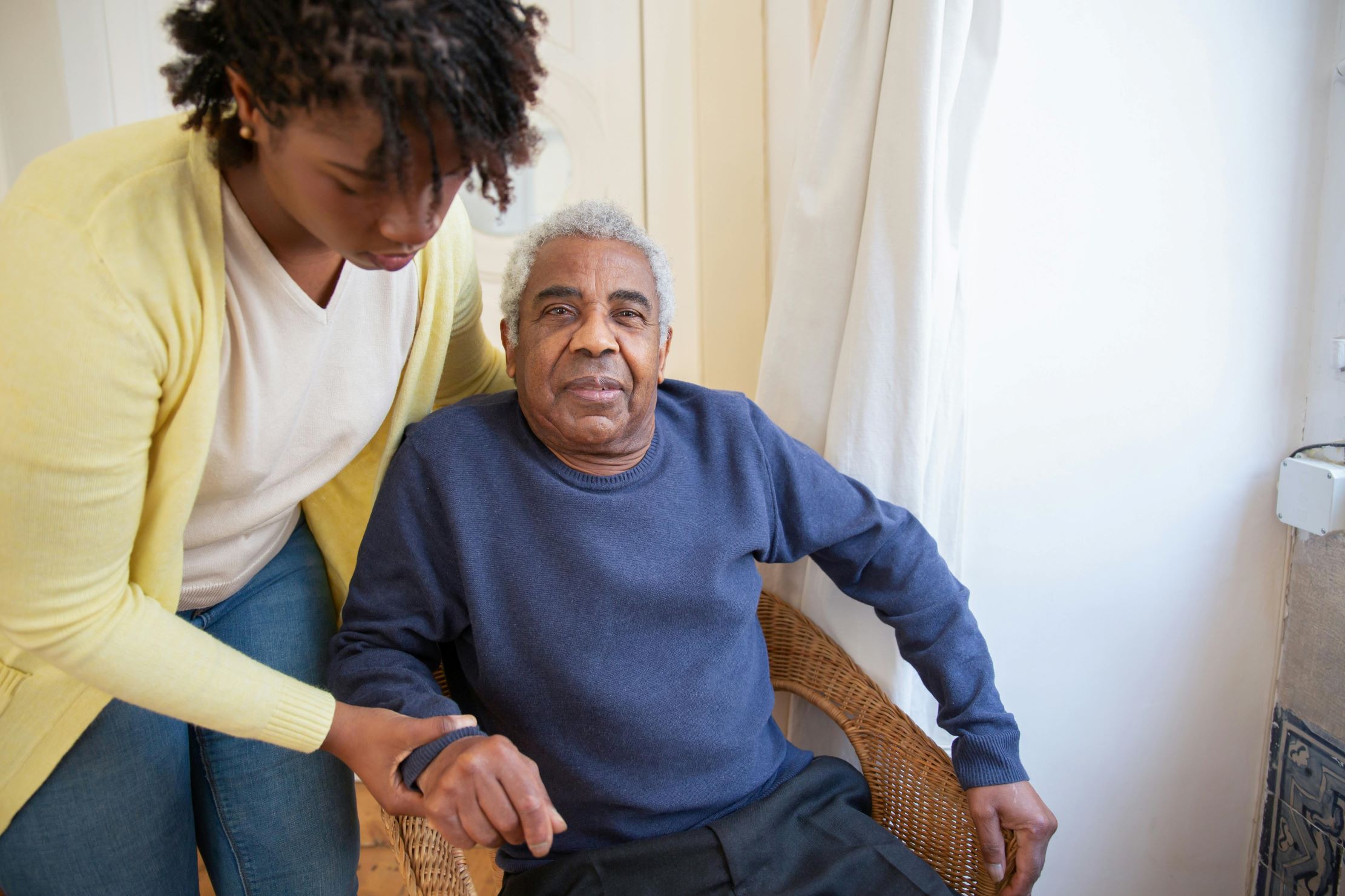Scammers have been sending phishing scams, claiming to be an official tolling agency or the Department of Motor Vehicles (DMV) and demanding that the recipient pays their unpaid tolls or traffic tickets.

Medicaid’s Gift Giving Policies
Your loved one should not be giving gifts if there is a possibility that a loved one might need Medicaid assistance in the foreseeable future. This can be sad if that person gets joy out of generosity. But gifts in that situation can turn out to be very, very expensive.
Medicaid is the government program that covers the huge expense of long-term care, for those who are not able to pay for it out of their own pocket. But to be eligible, Medicaid applicants must be pretty much broke. They are permitted to own no more than around $2,000.00.
On the filing of a Medicaid application, caseworkers will meticulously investigate the applicant’s financial history. They are looking to see whether an applicant has given away money or assets over a period of years before the Medicaid application is filed. That period of years is known as the “look-back” period. In all states except California, that period for nursing-home care is five years under the current rules. In California the period is 2.5 years.
Depending on the size and number of gifts given away during the “look-back” period, the penalty imposed as a result could be substantial.
Many think that there would be no penalty for gifts of up to around $15,000 annually. That misunderstanding confuses tax law with Medicaid law (and it also is not quite accurate under tax law, but that’s another subject). In the Medicaid context, gifts of any amount that are given during the look-back period can be penalized.
There are a number of options to protect assets and still qualify for Medicaid. For instance, exceptions include gifts to spouses and siblings under certain circumstances, disabled children, and children who are caregivers and who live at home with the elder for a span of time. But overall, gifts and Medicaid do not go together.
The Medicaid rules are complicated and the consequences for mistakes like gift-giving can be very costly. This is why it’s best to consult attorneys like us, who are especially qualified by our experience and expertise in Medicaid law. If you have questions or would like to discuss your personal situation, please don’t hesitate to contact us at 513-771-2444.



